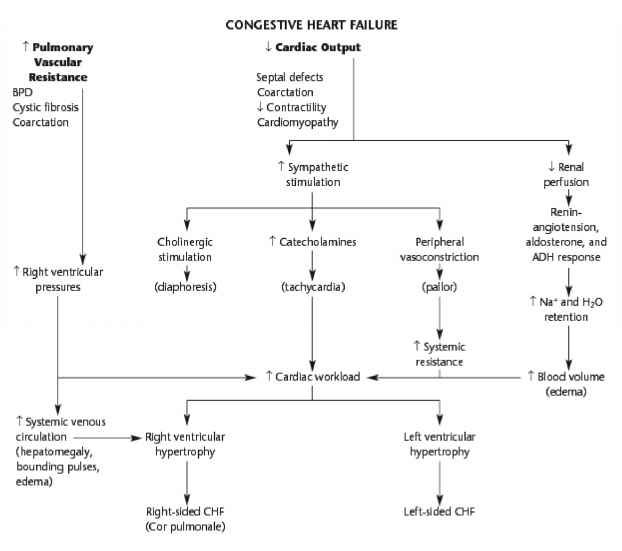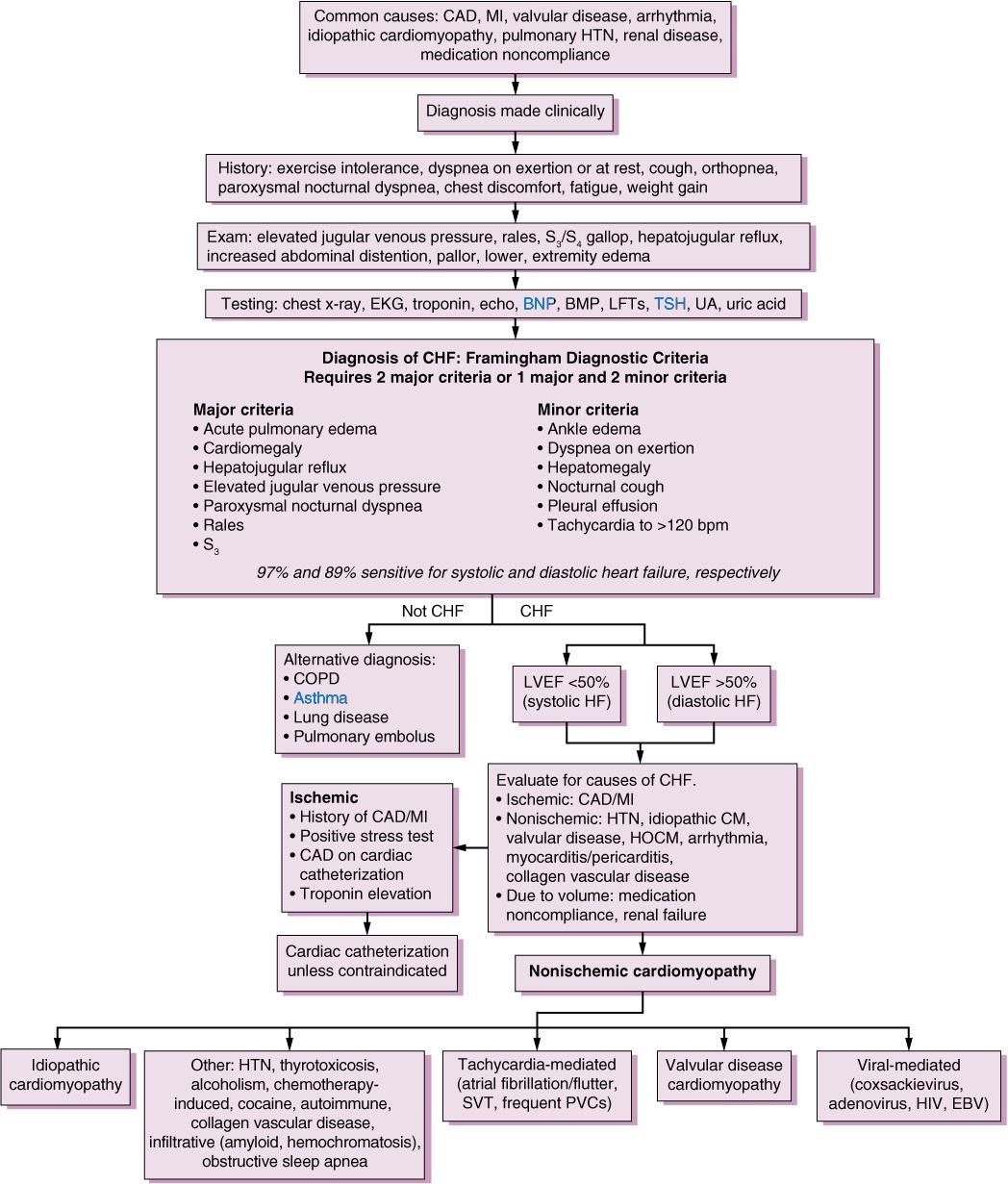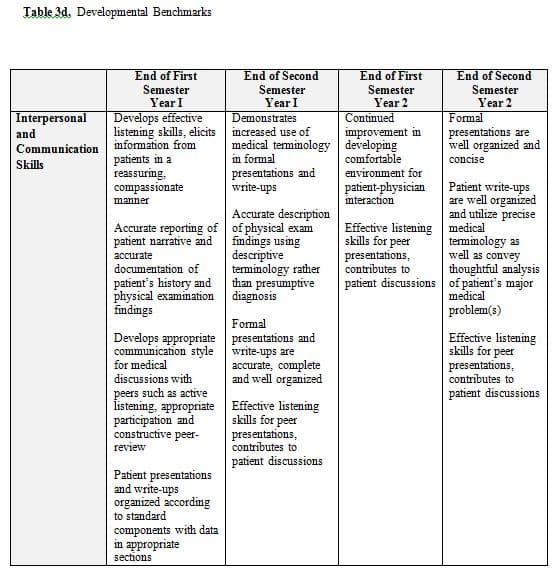Nursing Intervention Of Heart Failure Patients In Emergency Department
- Elicit Cardiac History and Physical Assessment
- Auscultation of all four cardiac sounds for rate, rhythm, and quality. . Then auscultate for murmur grade 1 to 6 .
- Palpation for LV hypertrophy by feeling the sternum and observing for sharp, deep systolic murmur in apex beat.
- Check pulse oximetry heard 100% on room air .
- Teaching: It is important to teach the heart failure patient and family members/ loved ones about the disorder, its prognosis, and the cause of disease projections in addition to reassurance for available treatment modalities. It is also important to teach them about medications and their activities and the signs of toxicity, as this will lead to more effective medication management.
Nursing Care Plan For Ineffective Breathing Pattern: Diagnosis And Interventions Dyspnea Respiratory Distress Syndrome Hyoxia Acute Respiratory Failure Hypoxemia And Respiratory Illness
Ineffective breathing pattern care plan: This nursing care plan and diagnosis is for the following condition: Ineffective Breathing Pattern, Dyspnea, Respiratory Distress Syndrome, Hypoxia, Acute Respiratory Failure, Hypoxemia, and Respiratory Illness What are nursing care plans? How do you develop a nursing care plan? What nursing care plan book do you recommend helping you develop
Nursing Interventions For Excess Fluid Volume
| Interventions | Rationale |
| Inform the patient and his/her relatives regarding fluid restriction. Advice to take fluid as per order. | Taking a low amount of fluid reduces extracellular volume. In advanced heart failure, fluid restriction is done around 1 litre/day. |
| Instruct the patient to take diuretics as prescribed. | Diuretics facilitates the excretion of excess body fluids. The patient could not maintain normal life due to an increase in the frequency of urination. So compliance with medication becomes difficult. For that, taking diuretics after work, or later in the day can increase compliance. |
| Instruct the patient to avoid a sodium-containing diet or take a low sodium diet. | Sodium retains water in the body. Restriction of sodium reduces excess fluid volume. |
| Instruct the patient to discuss with the physician regarding all the medication he/she is taking. | The patient may have comorbidities for which he/she may have taken some drugs. These drugs may counteract each other. So its better to discuss the medication taken by the patient. |
| Instruct the patient to contact the physician about any symptoms like weight gain, leg swelling, or change in breathing sounds. | Early recognition of symptoms can prevent readmission of the patient in the hospital. The patient can consult a doctor or nurse through telephone. |
| For severe fluid volume, excess considers the patient for hemofiltration or ultrafiltration. | It is an invasive procedure that draws out excess fluid in a short period. |
You May Like: What Should A Resting Heart Rate Be
Nursing Care Plan And Diagnosis For Impaired Oral Mucous Membranes
This nursing care plan is for patients who have impaired oral mucous membranes. According to Nanda the definition for impaired oral mucous membranes is the state in which an individual experiences or is at risk for experiencing disruptions in the oral cavity. Patients must have or be at risk for disrupted oral mucous membranes to qualify
Nursing Care Plan Diagnosis Interventions Hyperthermia Fever High Temperature

This nursing care plan and diagnosis with nursing interventions is for the following conditions: Hyperthermia, Fever, High Temperature What are nursing care plans? How do you develop a nursing care plan? What nursing care plan book do you recommend helping you develop a nursing care plan? This care plan is listed to give an example
Recommended Reading: Congestive Heart Failure Symptoms In Dogs
Nursing Diagnosis For Copd
These nanda nursing care plans include a diagnosis, and many interventions for the following conditions: COPD. What are nursing care plans? How do you develop a nursing care plan? What nursing care plan book do you recommend helping you develop a nursing care plan? This care plan is listed to give an example of how
Nursing Care Plan Diagnosis Interventions For Disturbed Body Image Residual Limb Amputation And Amputee
This free nursing care plan diagnosis, and interventions for the following conditions: Disturbed Body Image, Residual Limb, Amputation, and Amputee What are nursing care plans? How do you develop a nursing care plan? What nursing care plan book do you recommend helping you develop a nursing care plan? This care plan is listed to give an example
You May Like: Pneumonia And Congestive Heart Failure
Chf Nursing Care Plan 4
Nursing Diagnosis: Activity intolerance related to imbalance between oxygen supply and demand as evidenced by fatigue, overwhelming lack of energy, verbalization of tiredness, generalized weakness, and shortness of breath upon exertion
Desired Outcome: The patient will demonstration active participation in necessary and desired activities and demonstrate increase in activity levels.
| CHF Nursing Interventions | Rationales |
| Assess the patients activities of daily living, as well as actual and perceived limitations to physical activity. Ask for any form of exercise that he/she used to do or wants to try. | To create a baseline of activity levels and mental status related to fatigue and activity intolerance. |
| Encourage progressive activity through self-care and exercise as tolerated. Explain the need to reduce sedentary activities such as watching television and using social media in long periods. Alternate periods of physical activity with rest and sleep. | To gradually increase the patients tolerance to physical activity. |
| Teach deep breathing exercises and relaxation techniques. Provide adequate ventilation in the room. | To allow the patient to relax while at rest and to facilitate effective stress management. To allow enough oxygenation in the room. |
| Refer the patient to physiotherapy / occupational therapy team as required. | To provide a more specialized care for the patient in terms of helping him/her build confidence in increasing daily physical activity. |
Causes Of Heart Failure
Also Check: Medication For Congestive Heart Failure
Nursing Care Plan And Diagnosis For Impaired Verbal Communication Related To Aphasia Deaf Hard Of Hearing Intubation And Mute
This free nursing care plan and diagnosis example is for the following condition: Impaired Verbal Communication related to aphasia, deaf, hard of hearing, intubation, and mute. What are nursing care plans? How do you develop a nursing care plan? What nursing care plan book do you recommend helping you develop a nursing care plan? This
Nursing Care Plan And Diagnosis For Anxiety
This nursing care plan is for patients with anxiety. According to Nanda the definition for anxiety is the state in which an individual or group experiences feelings of uneasiness or apprehension and activation of the autonomic nervous system in response to a vague, nonspecific threat. Patients with anxiety will present with symptoms physiologically, emotionally, or
Read Also: Good Recovery Heart Rate
Patient Education About Diuretic Therapy:
- Explain how to monitor intake and output. Encourage the patient to void at least every two to three hours. Tell the patient not to drink excessive amounts of water to avoid frequent urination.
- Advise the patient that he may experience fatigue, weakness, and dizziness with diuretic therapy. Instruct him not to perform any strenuous activity until he has gained strength after being discharged from the hospital.
- Instruct the patient to report signs of kidney dysfunction, including fatigue, nausea, vomiting, excessive thirst, difficulty urinating or feeling drowsy. Encourage him to notify the nurse if these symptoms occur immediately.
- Tell the patient that he may experience a metallic taste in his mouth with diuretic therapy. Advise him to report any changes in mouth odor or if he experiences dry mouth.
- Inform the patient that he will be given fluid and salt supplements as prescribed by the physician until urine output returns to normal levels. Instruct him to take these supplements with his meals and avoid taking excessive amounts of water.
- Instruct the patient to weigh himself daily and report any gain of more than two pounds in a twenty-four-hour period. If he weighs more than two pounds above his baseline weight, tell him to notify the nurse that he may be retaining fluid.
- Monitor fluid intake and output.
Educate the patient about fluid retention, healthy weight, and signs of dehydration:
Briefly explain how the medication works and what results should be expected:
Careplan Congestive Heart Failure

I need in my care plan be done with the information below, and I need 10 references no more than 5 years old.The care plan have to be done with APA style.
Mr. Kaplan is a 78-year-old jewish white male, he is a retiree and was admitted to the hospital accompanied by his grandson. He is 100kg at a height of 180cm so his calculated body mass index was 30.9 indicating that he was overweight. When admitted, the patient complained of shortness of breath for 4 weeks which was worsening on the day of admission and worsening cough. Besides, he also experienced orthopnea, fatigue, paroxysmal nocturnal dyspnea, and leg swelling up to his thigh. Mr. Perez was admitted to the hospital for the same problem 4 months ago.
Mr. Kaplan was diagnosed with heart failure on his last admission and he had also been diagnosed with hypertension for 20 years. Before being admitted to the hospital, the patient was taking Lasix 40mg, Eliquis 5 mg, metoprolol 50 mg, amlodipine 10mg, and simvastatin 40mg for his hypertension and heart failure. The patient is not allergic to any medication and he does not take any traditional medicines at home. His family history revealed that his father had died of ischemic heart disease 4 years ago while his brother has hypertension. As for his social history, he smoked 2-3 cigarettes a day for 35 years and the calculated smoking pack-years was 5 pack years. Besides, Mr. Kaplan also drinks occasionally.
Read Also: Bnp Test For Heart Failure
Nursing Care Plan And Diagnosis For Nausea And Vomiting Related To
This nursing care plan includes a diagnosis and care plan for nurses with nursing interventions and outcomes for the following conditions: Nausea and Vomiting What are nursing care plans? How do you develop a nursing care plan? What nursing care plan book do you recommend helping you develop a nursing care plan? This care
Nursing Care Plan For Dehydration Fluid Volume Deficit Gi Bleed Hemorrhage Hypotension Abdominal Pain
Nusing Care Plan for deydration & fluid volume deficit: The free nursing care plan example below includes the following conditions: Fluid Volume Deficit, Gastrointestinal Bleed, Dehydration, Hemorrhage, Hypotension, and Abdominal Pain as the main problems identified in the patient assessment. What are nursing care plans? How do you develop a nursing care plan?
Also Check: Emergency Open Heart Surgery
Nursing Care Plan Diagnosis Interventions Hypothermia Low Body Temperature Inability To Regulate Body Temperature
This nursing care plan and diagnosis with nursing interventions is for the following conditions: Hypothermia, Low Body Temperature, Inablility to Regulate Body Temperature. What are nursing care plans? How do you develop a nursing care plan? What nursing care plan book do you recommend helping you develop a nursing care plan? This care plan is
Nursing Diagnoses : Heart Failure
- Impaired gas exchange related to increased preload and alveolar-capillary membrane changes
- Excess fluid volume related to increased venous pressure and decreased renal perfusion secondary to heart failure
- Activity intolerance related to imbalance between O2 supply and demand secondary to cardiac insufficiency and pulmonary congestion
Recommended Reading: Can Sinus Infection Cause Increased Heart Rate
Nursing Care Plan And Diagnosis For Risk For Falls
This nursing care plan is for patients who are at risk for falls. According to Nanda the definition for falls is the state in which an individual has an increased susceptibility to falling. Many patient who falls suffer bodily injuries such as breaking a hip or internal brain swelling due to the impact of the fall.
Treatment For Heart Failure
- Angiotensin-converting enzyme inhibitors promotes vasodilation of the blood vessels, lowering the pressure and improving the blood flow .
- Beta blockers reduces heart rate and blood pressure .
- Angiotensin II receptor blockers similar to ACE inhibitors and can be used if the patient does not tolerate ACE inhibitors .
- Digitalis or digoxin improves the contraction of heart muscles, regulate heart rhythm and reduces heartbeat.
- Inotropes to improve the function of the heart to pump blood in severe heart failure.
- Diuretics to facilitate elimination of excess fluid in the body through urination .
- Inotropes. These are intravenous medications used in people with severe heart failure in the hospital to improve heart pumping function and maintain blood pressure.
2. Surgical interventions. These include coronary bypass surgery, heart valve repair or replacement, and heart transplant. It may also involve the insertion of medical devices such as implantable cardioverter-defibrillators , cardiac resynchronization therapy , and ventricular assist devices .
3. Lifestyle changes. A crucial part of the treatment plan for a patient with heart failure is to change several habits that are linked to the disease. These include smoking cessation, blood pressure control, diabetes management, dietary changes, stress management, exercise and increase in physical activity.
Read Also: Nursing Diagnosis Heart Failure
Free Nursing Care Plan For Hiv
This free nursing care plan for HIV with diagnosis and interventions can be used for the following conditions: AIDS and Human Immunodeficiency Virus What are nursing care plans? How do you develop a nursing care plan? What nursing care plan book do you recommend helping you develop a nursing care plan? This care plan is listed
Nursing Care Plan For Pain Related To Malignant Melanoma

This nursing care plan diagnosis, and interventions for the following conditions: Pain Related to Malignant Melanoma Skin Cancer What are nursing care plans? How do you develop a nursing care plan? What nursing care plan book do you recommend helping you develop a nursing care plan? This care plan is listed to give an example
You May Like: How To Tell If Heart Attack Is Coming
Goals Of The Discharge Plan In Advanced Heart Failure
Planning for discharge is an important component of the HF patients hospital stay, particularly in multimorbid patients or those in the advanced stages of their disease. Studies have shown that effective discharge planning, performed by a multidisciplinary team, can reduce rehospitalization rates and improve mortality through better communication and patient care across disciplines, clinical specialties, and geographical boundaries., Indeed, an earlier discharge can be facilitated when there is a collaborative approach involving the patient, secondary care HF professionals, and social and primary care teams.
The ultimate goal is being to provide a seamless system of care ensuring optimal patient management, no matter where the patient begins or continues their healthcare journey, resulting in better outcomes.
Thus, the development of an effective plan of care for patients with advanced HF should be the responsibility of the multidisciplinary HF team, ideally commenced on diagnosis, be that within the hospital or community setting. Written or electronic recommendations should be tailored to the needs of the patient and family members, the organization and resources available. For example, there is an increasing trend towards the remote monitoring of patients or telemedicine.,
Nursing Care Plan For Heart Failure
The Plan of Care for Heart failure is important because it focuses on the nursing process of assessment, diagnosis, planning, and implementation. It includes evaluation of pharmacological needs and physical and psychological considerations needed to have an effective plan of care for treating heart failure patients and family members/ loved ones.
It will also help heart failure patients cope with their feelings and the physical limitations resulting from the disease. Its important to tailor your plan of care to each patient based on their specific needs. Some people may need medications, others may require more rest, while some may benefit from simply talking about how they feel.
- Place the patient in a semi-Fowler position to promote comfort and decrease dyspnea. The semi-Fowler is slightly elevated, which will decrease the chances of developing edema because it promotes venous return and decreases venous pressure while still allowing heart failure patients to breathe normally.
- Monitor the patients heart and lungs for abnormal sounds.
- Allow the patients to rest. Discuss their feelings regarding the disease and any expectations they may have .
- Assist the heart failure patients with mobility as needed.
You May Like: How Common Are Heart Attacks In Your 20s
